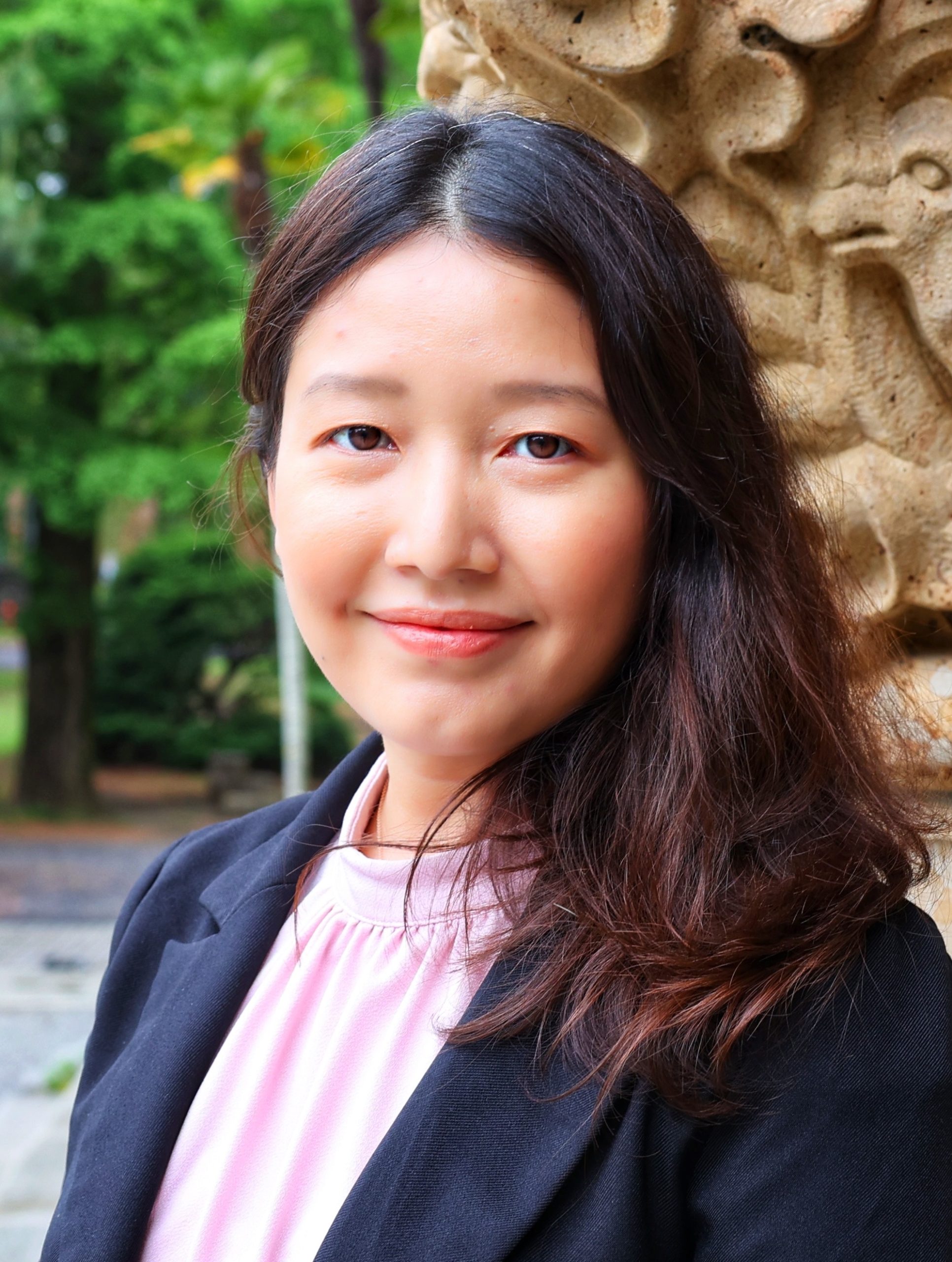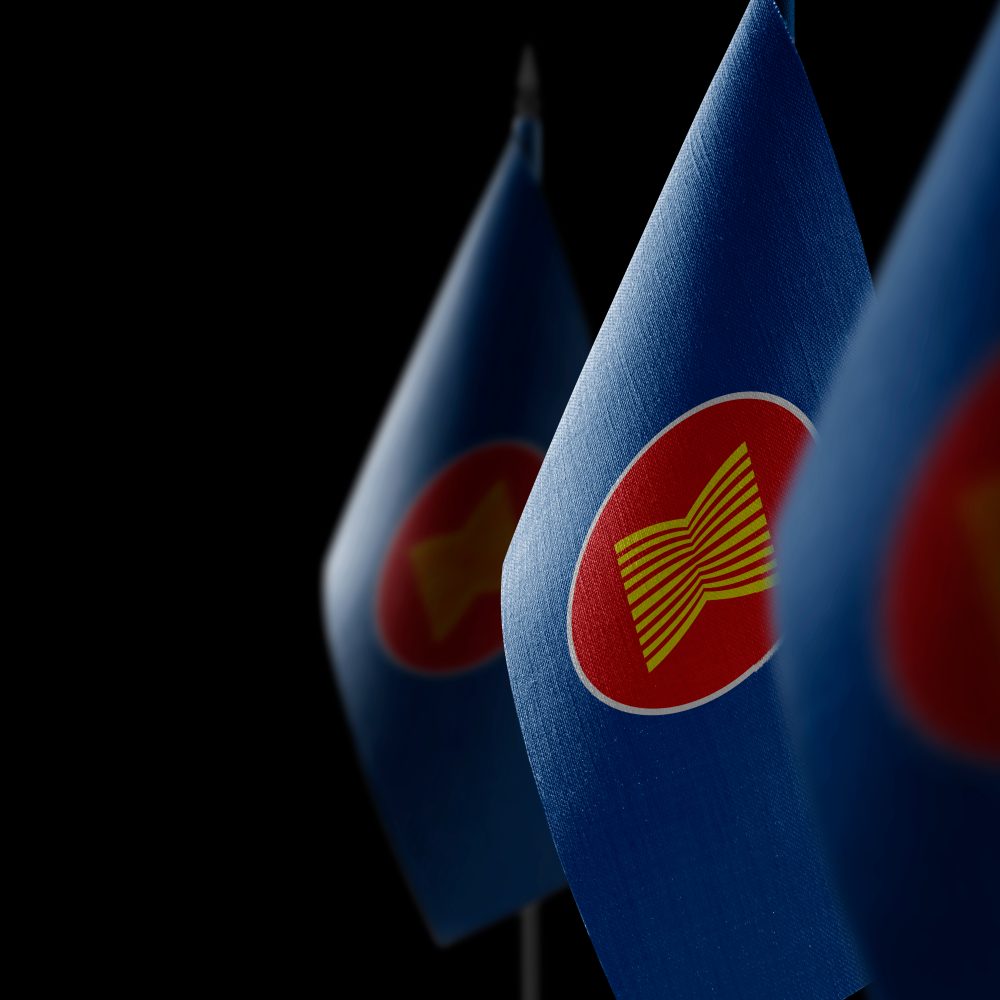Implementation of the ASEAN Five-Point Consensus Has Failed
Hnin Htet Htet Aung
(Master’s student, School of International and Public Policy, Hitotsubashi University)
July 7, 2023
Introduction
On 1 February 2021, the military junta ousted Myanmar’s elected government in a coup under the excuse of election fraud and declared a state of emergency. At the same time, the military coup pushed the status of Myanmar’s development into turmoil. The streets filled with pro-democratic protesters demanding the respect of their votes, the release of their elected government, and the abolishment of the Constitution of 2008. Health workers across Myanmar showed resistance by stopping cooperation with the military regime, volunteering at public clinics, and wearing a red ribbon, a sign of participation in the Civil Disobedience Campaign. Several protesters from Mandalay, the second biggest city in Myanmar, waved banners and chanted slogans in the streets to protest against the military regime.
Soon after the military staged the coup, the Association of South‐East Asian Nations (ASEAN) issued a muted statement, where the organization’s chairman addressed the purposes and principles enshrined in the ASEAN charter: adherence to the principles of democracy, the rule of law, good governance, and respect for and protection of human rights and fundamental freedoms. ASEAN also acknowledged that the member states’ political stability is essential to keep a peaceful, stable, and prosperous community. As another fundamental element, the ASEAN community encourages the pursuit of dialogue, reconciliation, and the return to normality, respecting the will and interests of the Myanmar people. The chairman’s statement was followed by one issued by the ASEAN foreign minister, released in March 2021 after virtual talks with the Myanmar military.
The ASEAN community and the international community, including the European Union (EU) and the United Nations Security Council, condemned the coup and showed solidarity with the Myanmar people. The EU adopted relevant conclusions later in February. First, the EU would continue reviewing all its policy tools depending on the evolution of the situation, including development cooperation and trade preferences. Second, it would continue to provide humanitarian assistance. Third, it would avoid measures that could adversely affect the Myanmar people, especially the most vulnerable.
Subsequently, United Nations Security Council member states released a statement to call for safe and unimpeded humanitarian access to all people in need and distress, upholding democratic institutions. Additionally, they restated their strong commitment to Myanmar’s sovereignty, political independence, territorial integrity, and unity.
An ASEAN Leaders’ meeting, chaired by His Majesty Sultan Haji Hassanal Bolkiah Mu’izzaddin Waddaulah, was conducted on 24 April 2021 at the ASEAN Secretariat in Jakarta, Republic of Indonesia. Myanmar coup leader Min Aung Hlaing appeared at that meeting and agreed with ASEAN to implement the “ASEAN five-point consensus” to address the escalating violence. In 2022 the Kingdom of Cambodia succeeded Brunei Darussalam, and Samdech Akka Moha Sena Padei Techo HUN SEN, Prime Minister of the Kingdom of Cambodia, took the role of chair for the 55th ASEAN Foreign Ministers’ Meeting on 3 August 2022 and the Special ASEAN Foreign Ministers’ Meeting on 27 October 2022. Following the chairmanship of Cambodia, Retno Marsudi who is Foreign Minister of Indonesia became the new chair of ASEAN in 2023.
The commitments made in the agreement have not been carried out. This failure to respond encompasses human rights violations, conflicts between ethnic armed groups and the military, the humanitarian conditions, and the military’s reluctance to allow an ASEAN meeting with detainees, including Aung San Su Kyi.
To understand the performance of the agreement, it is important to identify its five specific provisions. First, “there shall be an immediate cessation of violence in Myanmar and all parties shall exercise utmost restraint.” Second, “constructive dialogue among all parties concerned shall commence seeking a peaceful solution in the interests of the people.” Third, “a special envoy of the ASEAN Chair shall facilitate mediation of the dialogue process, with the assistance of the Secretary-General of ASEAN.” Fourth, “ASEAN shall provide humanitarian assistance through the AHA Centre [ASEAN Coordinating Centre for Humanitarian Assistance].” And fifth, “the special envoy and delegation shall visit Myanmar to meet with all parties concerned.”
Immediate cessation of violence in Myanmar and restraint by all parties
More than two years have passed since the seizing of power, which ousted and arrested the elected government, politicians, activists, journalists, and artists. However, the Myanmar people are still showing resistance because the media and citizen journalists are reporting obvious brutal violations of the rights to life, liberty, and security. The media also reminds the people of a number of rights, including the prohibition of torture, the freedom of expression, and the right to a fair trial.
The UNHCR report, released on 15 March 2022, shows the lack of implementation of the first point of the ASEAN five-point consensus. The report highlighted systematic human rights violations and abuses, such as war crimes and crimes against humanity. It also called on the international community to conduct immediate measures to stop the brutal violence in Myanmar. The growing violence in Myanmar and the concern of the UNHCR are incontrovertibly visible in the report issued one year after the agreement.
Peaceful and constructive dialogue among all parties
Seeking a peaceful solution is one of the points of the ASEAN five-point consensus. Concerning the military junta’s performance in implementing the agreement, evidence reveals that more than 320,000 people would be internally displaced by the end of 2021. These numbers show that displacement continued even after the agreement with ASEAN.
The state of Karen came under fresh artillery attacks for two hours at the end of 2021. The location of this attack was symbolic because it is where People Defense Force (PDF) members, political activists, members of the Civil Disobedience Movement, and internally displaced people gather. Karen National Union (KNU), an ethnic armed organization and a signatory to the Nationwide Ceasefire Agreement, released its statement to pressure the military to step down. KNU also denied its attendance in the “peace talks” conducted by the military in February 2022.
Some ethnic armed groups and political parties did participate in peace talk efforts. However, in this context, the performance of the military to conduct peaceful and constructive dialogue among all parties cannot be defined as full implementation. Also, the junta declared that the National Unity Government, the Committee Representing Pyidaungsu Hluttaw, and the People’s Defense Force were terrorist groups.
Facilitation of a special envoy of the ASEAN Chair to mediate the dialogue process and visit Myanmar
Prak Sokhonn, the Cambodian Foreign Minister, became the special envoy to Myanmar. According to a joint statement released on 2 August 2021 by ASEAN foreign ministers, his task was to build trust and confidence with full access to all parties concerned. His appointment was essential for the implementation of an agreement.
Prak Sokhonn arrived in Myanmar after Prime Minister Hun Sen’s visit in January 2022. He was able to meet with Myanmar’s military leader, but he was not allowed to meet with Aung San Suu Kyi and the arrested politicians. The reason given by the coup leader was that, even though the military stated this as a possibility, the court procedures imposed an obstacle according to Myanmar law.
Furthermore, according to Colonel Khun Okkar (patron of the Pa-O National Liberation Organization and a member of the Peace Process Steering Team, a group of ten ethnic armed organizations), the scheduled meeting with the team didn’t happen due to a tight schedule. In these circumstances, ASEAN’s special envoy could not conduct meetings with all parties to build trust and confidence.
Humanitarian assistance through the AHA Centre
The provision of humanitarian assistance is among the points included in the agreement between ASEAN and the military junta. According to Human Rights Watch, the military junta continues to block the humanitarian aid needed by those at risk despite the agreement reached in April 2021. Humanitarian workers confronted travel restrictions imposed by the military junta, which blocked roads and destroyed humanitarian supplies. They were also attacked and even killed by the military junta soldiers.
Regarding humanitarian assistance, the EU released a joint statement on 1 February 2022, exactly one year after the Myanmar coup. The statement asserted that the number of people in need of humanitarian assistance is over 14 million. It also clarified that, since around 1 million people needed humanitarian assistance in 2021, the military junta should bear responsibility for the current extent of this humanitarian crisis.
Indeed, the rate increased dramatically after February 2021. According to the 2022 Humanitarian Needs Overview, the predicted number is one-quarter of the population (14.4 million people – 4.9 million women and 5 million children). Aligning with the EU joint statement, humanitarian organizations in Myanmar have urgently demanded that ASEAN conduct a meeting to review and implement the agreement, and find a diplomatic solution to protect civilians and humanitarian workers. Humanitarian organizations and the international community expressed concern, and the military junta failed, as expected, to honor the agreement with ASEAN to provide humanitarian assistance.
Even though most of the areas in Myanmar had pre-existing needs, disastrously, these areas were on the route of Cyclone Mocha which struck in May 2023. Despite the devastation and loss of life after the cyclone, the Myanmar military is still maintaining restrictions on humanitarian access. There is increased humanitarian support from the international community, however humanitarian aid workers are experiencing barriers to travel authorization, which makes it difficult for aid organizations to conduct needs assessment.
Conclusion
The implementation of the agreement can be measured in terms of statements and concerns expressed by ASEAN Foreign Ministers. According to Reuters, following a meeting of regional counterparts, the Indonesian Foreign Minister said: “There has been no significant progress in Myanmar.” Meanwhile, the Singaporean foreign minister emphasized the need for ASEAN and Myanmar to make substantive progress on implementation. For example, they can facilitate the special envoy’s visit to Myanmar to meet with all parties concerned.
Further, following the UNHCR’s report about systematic and widespread human rights violations and abuses by the military, Southeast Asian parliamentarians called on ASEAN to reduce the hardship experienced by the Myanmar people. However, it is difficult to see any improvements regarding implementation of the agreement despite efforts by the two ASEAN special envoys.
To summarize, progress in implementation has yet to be demonstrated by the military. ASEAN and the international community should be attentive to the military’s deceitful commitment to implement the agreement. In the wake of Cyclone Mocha, lack of permission to travel or restrictions on aid are demonstrating that implementation of the ASEAN Five Point Consensus is still at a deadlock. As part of their proactive measures, some leaders from the bloc have indicated their vote to ban the military’s attendance at the ASEAN biannual summit. However, this is just not enough. Instead, the National Union Government should be considered an official attendee at ASEAN meetings. ASEAN can show real action against the undermining of Myanmar’s democracy only with these kinds of sanctions.
Hnin Htet Htet Aung is a Master’s student at the School of International and Public Policy at Hitotsubashi University. Before this, she was a visiting researcher at the Graduate School of Law, Hitotsubashi University. Ms. Aung has nine years of experience working in civil society, international non-governmental organizations, and a Singapore-based advisory firm. Before being a visiting researcher, Ms. Aung worked as a program director at Citizen Action for Transparency (CAfT – Myanmar). Prior to that, she was a program manager at the National Coordination Secretariat – Myanmar Extractive Industries Transparency Initiative (MEITI) and program officer at Norwegian People’s Aid and other organizations. Through her work, she has supported civil society organizations and their activists. She has published articles about the political situation in Myanmar, women’s rights, transitional justice, collective actions and freedom of expression, in both Burmese and English. She holds a master’s degree in public administration from Aldersgate College, Philippines, and a bachelor’s degree in law from Dagon University, Myanmar.


